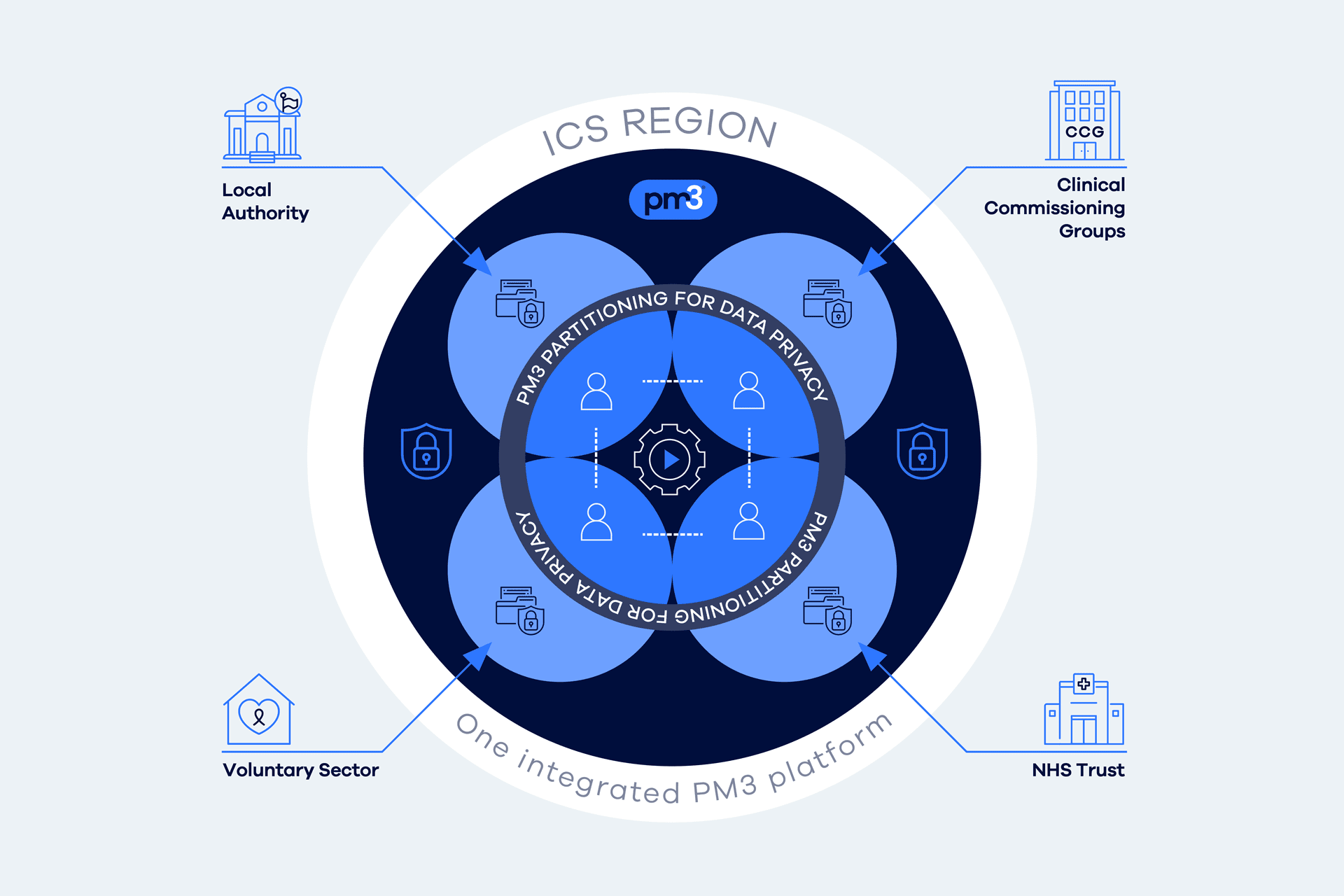Integrated care is about giving people the support they need, joined up across local councils, the NHS, and other partners. It removes traditional divisions between hospitals and family doctors, between physical and mental health, and between NHS and council services. In the past, these divisions have meant that too many people experienced disjointed care.
Integrated care systems (ICSs) are new partnerships between the organisations that meet health and care needs across an area, to coordinate services and to plan in a way that improves population health and reduces inequalities between different groups.
Since 2018, they have been deepening the relationship in many areas between the NHS, local councils, and other important strategic partners such as the voluntary, community and social enterprise sector. They have developed better and more convenient services, invested in keeping people healthy and out of hospital and set shared priorities for the future.
As part of the NHS Long Term Plan, by April 2022 at the latest, the following principles must be in place to make a consistent transition to system working, focussing on greater partnership and closer collaboration between providers on a larger footprint. The main themes are:
With Data & Digital being one of the eight key themes for ICS’s, PM3 and BestOutcome can play a key role in supporting organisations to create effective local systems, to enable partners to work together, to help improve productivity and patient outcomes, reduce bureaucracy, drive service transformation, and stimulate improvement and research.
According to section 2.51 of the NHS ‘Integrating care: Next steps to building strong and effective integrated care systems across England’ systems will need to:
(1) build smart digital and data foundations
(2) connect health and care services
(3) use digital and data to transform care
(4) put the citizen at the centre of their care
PM3 can support these criteria by enabling one integrated platform for all Project/Programme Management activities across the entire ICS. A common platform can bring consistency in practice, standardization of methodologies, easy accessibility to key stakeholders and visibility across the entire system.
PM3 allows multiple organisations to work under one shared platform, increasing resilience, digital operational services, and efficiencies. The partitioning functionality supports the ICS structure by allowing each organisation in the system to have their own partition. This enables each organisation to have both the option to keep programmes & projects private or to work on them jointly with other organisations within the ICS, depending on their requirement.

References:

Our products help you deliver successful change programmes and projects by always focusing on the overall business outcomes. Find out how our products can help you.
Tell me more Watch a DemoWe have been working in the NHS for over 6 years and it is, as everyone knows, an organization that ...
Read more >Here you will find how RAGs play a crucial role in both project reporting and organisational leaders...
Read more >